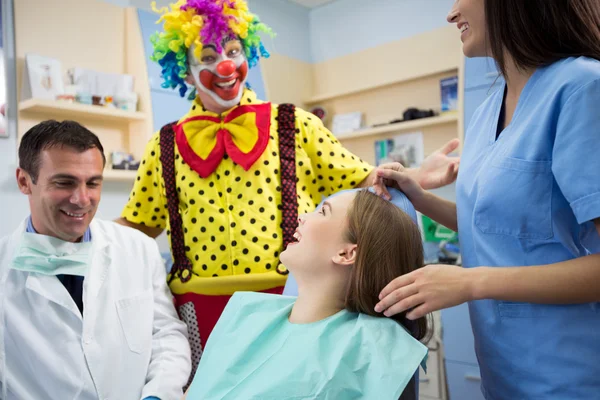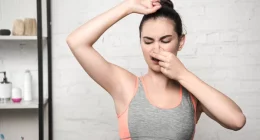Studies have shown that Medical clowns boost sleep and shorten hospital stays for children – The presence of medical clowns in hospitals has been shown to have positive effects on children’s well-being. Research indicates that medical clowns can improve sleep quality and shorten the duration of hospital stays for children. A recent study published in Scientific Reports has found that hospitalized children who spend time with medical clowns sleep better and go home sooner compared to the control group. This research suggests that a playful approach can be a powerful tool in pediatric healthcare.
Why sleep matters in the hospital:
Getting enough rest is crucial for recovery, but hospital environments often disrupt sleep. Bright lights, unfamiliar sounds, and medical procedures can make it hard for children to fall asleep and stay asleep. Poor sleep can worsen anxiety and discomfort, hindering the healing process. Here are some of the reasons why sleep is so important in the hospital:
- Sleep helps repair your body. During sleep, your body releases hormones that help repair tissues and cells. This is especially important for people who have undergone surgery or other medical procedures.
- Sleep boosts your immune system. When you’re well-rested, your body is better able to fight off infection. This is important for people in the hospital, who are more likely to be exposed to germs.
- Sleep reduces pain. Sleep can help to reduce pain levels and make it easier to manage pain medication.
- Sleep improves your mood. Sleep deprivation can lead to anxiety, depression, and other mood problems. Getting enough sleep can help to improve your mood and make it easier to cope with the stress of being in the hospital.
- Sleep helps you think clearly. When you’re well-rested, you’re able to think more clearly and make better decisions. This is important for people in the hospital, who may need to make important decisions about their treatment.
About medical clowns:
These trained professionals use humor, magic, and interactive play to create a more positive and relaxed atmosphere for children in hospitals. Previous studies have shown that medical clowns can help reduce stress and anxiety, but their impact on sleep wasn’t well understood.
Their playful interventions are more than just giggles and balloon animals. Studies have shown that medical clowns can:
- Reduce anxiety and stress: Laughter is a natural stress reliever, and clowns are masters of eliciting it. Their lighthearted approach can help children feel more comfortable and less afraid in the unfamiliar environment of a hospital.
- Improve sleep quality: The calming atmosphere created by clowns can help children fall asleep faster and sleep more soundly, leading to better overall recovery.
- Boost pain management: Distraction techniques employed by clowns can take the focus off pain, making it easier for children to tolerate medical procedures.
Promote physical activity: Playful games and silly exercises can encourage children to move around more, which is important for their physical and mental well-being. - Increase cooperation with medical staff: When children are less anxious and more relaxed, they’re more likely to cooperate with doctors and nurses, making treatment smoother for everyone.
The study and findings
Researchers in Israel conducted a study involving 42 children aged 2-18 who were expected to stay in the hospital for at least two nights. Half of the children were assigned to a group that received a bedtime session with a medical clown, while the other half received standard care. Both groups wore sleep-monitoring devices and their parents completed questionnaires about their sleep habits.
Findings: The children who interacted with the clowns slept significantly better than those who didn’t. They woke up later, slept longer, and had fewer nighttime disruptions. Their sleep efficiency, a measure of how much time spent in bed is spent actually sleeping, was also slightly higher.
Interestingly, the clown group’s sleep improved even further on the night following the intervention. They slept an average of 54 minutes longer and had better sleep efficiency compared to the previous night.
The study also found that the children who spent time with the clowns had a shorter average hospital stay than those who didn’t. This suggests that better sleep may have contributed to a faster recovery.
This study adds to the growing body of evidence that medical clowns can be a valuable part of pediatric healthcare. By promoting better sleep and potentially speeding up recovery, these playful professionals can help make children’s hospital experiences less stressful and more therapeutic. Study source
ALSO READ: Expert recommendations for management of people with hip and knee osteoarthritis








